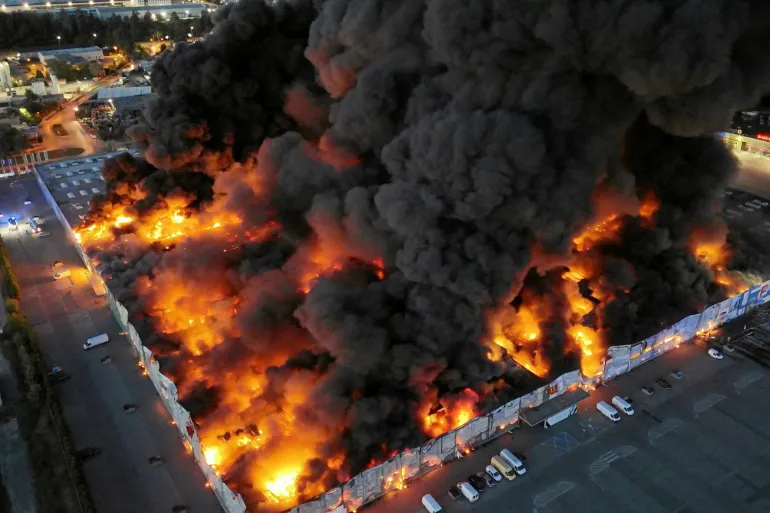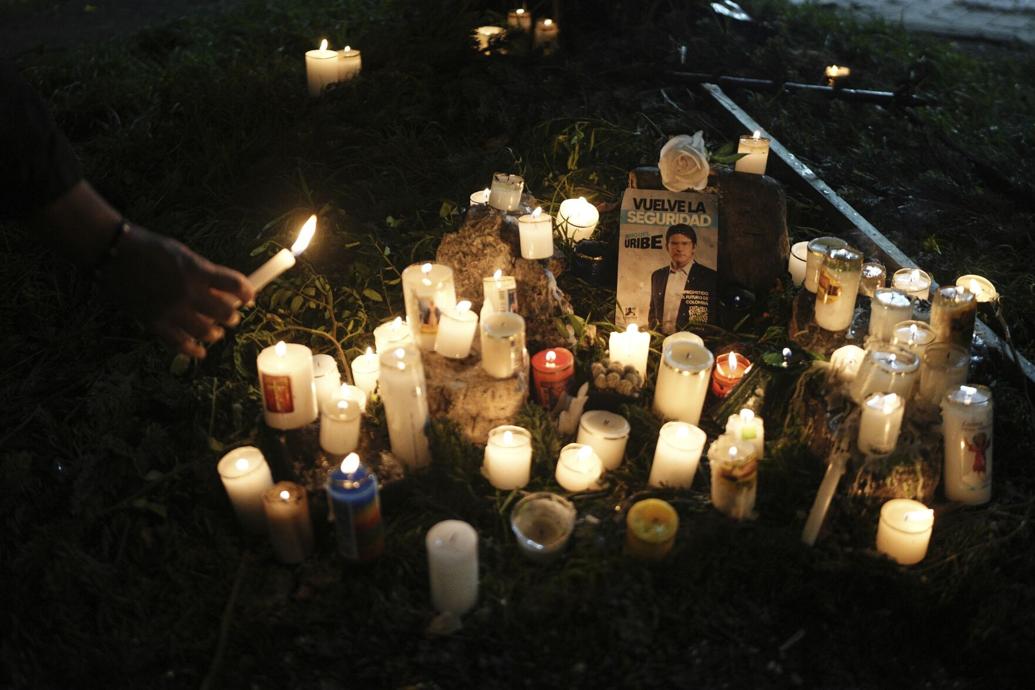On May 8, 2025, the Trump administration petitioned the U.S. Supreme Court to permit the revocation of temporary legal status, known as “parole,” for over 500,000 migrants from Venezuela, Cuba, Haiti, and Nicaragua. These individuals were granted parole under the Biden administration, allowing them to live and work legally in the U.S. for two years on humanitarian or public benefit grounds.
Upon returning to office in January 2025, President Trump issued an executive order to terminate these parole programs, aiming to facilitate expedited deportations. The Department of Homeland Security subsequently planned to cut short approximately 400,000 parole grants. However, U.S. District Judge Indira Talwani blocked this effort in April, ruling that the law mandates case-by-case parole reviews rather than mass termination.
The administration’s appeal to the Supreme Court argues that Judge Talwani overstepped by interfering in executive immigration policy. The plaintiffs, comprised of parolees and their sponsors, contend that the mass revocation is unlawful and would cause significant harm by rendering many people undocumented and unemployable. The Supreme Court has requested the plaintiffs to respond to the government’s request by May 15.
This legal battle is part of a broader series of immigration-related cases involving the Trump administration currently before the Supreme Court. These include challenges to the use of the Alien Enemies Act to deport Venezuelan migrants alleged, without concrete proof, to belong to a terrorist-designated gang. The Supreme Court has recently limited these deportations, emphasizing due process.
The outcome of this case could have significant implications for the executive branch’s authority over immigration policy and the legal protections afforded to migrants under temporary parole programs.
Source: Reuters



